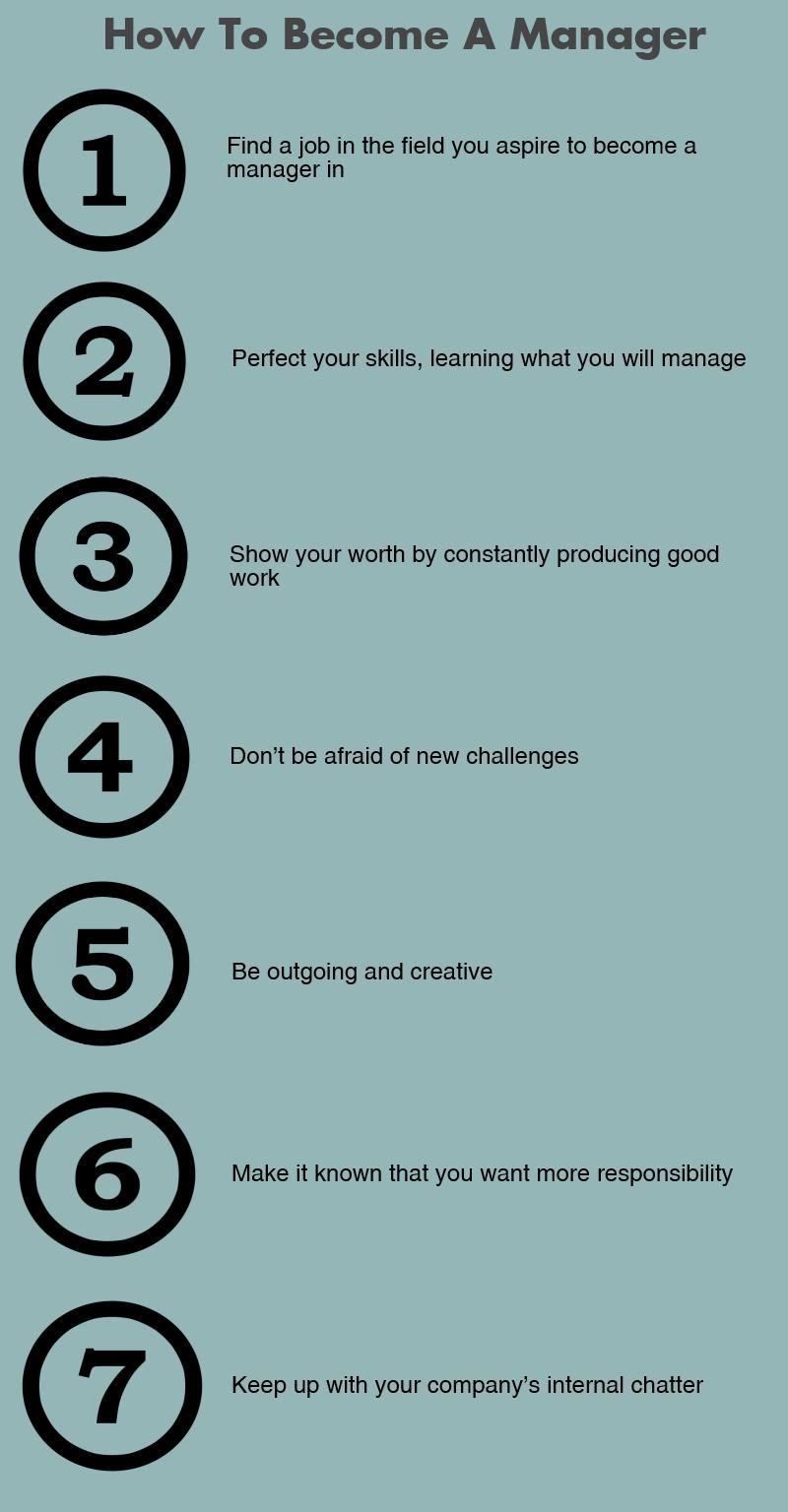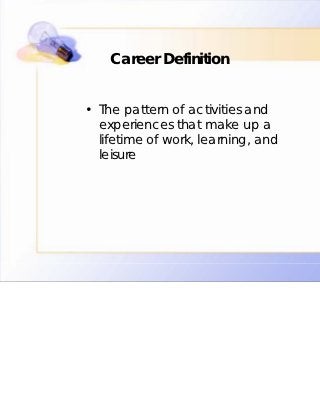
In a small organization, each employee has a job to do. This allows you to expand your skills and knowledge. You may be promoted as you gain more experience. You might find you can switch between work types. This flexibility can help you grow your career in a small business.
Opportunities for career growth in small firms
Many small businesses face difficulties in recruiting and keeping staff. According to the 2015 Small Business Owner Report by Bank of America, the most difficult challenges for small businesses are finding and keeping qualified employees. A survey found that 59% small business owners have difficulty finding qualified candidates. These challenges can be addressed by small business owners who invest in their employees' development and skills. A career development strategy takes time and resources. It should begin with a skills assessment. The plan should not only assess employee skill sets but also review training opportunities.
For good employees, smaller businesses often cannot compete with larger firms. This is a big problem for small companies as they don't have the resources to pay their employees more. Many employees, especially Millenials and others, prefer to work at larger companies that provide better benefits, more career paths, and offer more opportunities.
Hard and soft skills required
In order to make a career in small companies, one must have both soft and hard skills. It is important for employees to have excellent interpersonal skills. This skill helps employees grow professionally and also improves their relationships. It is also important for people to be able to regulate their emotions in the workplace, build relationships, and provide constructive feedback.

There are many soft skills. But the most important skill is the ability to communicate with others. For setting the tone in an office and for building relationships, effective written and verbal communication is essential. Communication skills that are fluent in oral communication can open doors to new possibilities and help you find them.
Organizational structure
Small companies often lack a formal organizational structure, which can make it difficult for people to advance. It's best to select an organization structure that is tailored to the roles of different employees to avoid any problems. For example, a CEO might have a team for his or her needs. Meanwhile, a team dedicated to product development and marketing may sit in the middle. This decision depends on the company's scale. There is often more overlap between roles in smaller companies that have fewer levels of hierarchy. This can create challenges but can also open up opportunities for rapid growth.
A flexible organizational structure must also allow for changes. Employees will feel more responsible if their organizational structure is flexible. They can also work from home and be able to make changes as needed. Employers who have a flat organizational structure may be more able to make their own decisions about how to further their careers. This might work well in a small business, but it would be hard to implement in large companies.
Perks
Working for a small company can have perks for both the employee and the employer. Smaller companies tend to have fewer employees. This means that employees are more likely than others to participate in decision-making. Employees are able to demonstrate their dedication to the company's success through this increased involvement. A smaller company will offer better benefits and be able to take more responsibility.
Small companies are also more flexible, which can provide opportunities for career growth. They often provide more flexibility for project work and role advancement, enabling employees to experience different aspects of the business. Employers in smaller businesses are less rigid about job titles and policies. Mentoring programs tend to be more extensive.

Promoting from within
There are often few career options available in small companies. This is because there aren’t clear career paths. Instead, you might be expected not only to help determine the organization's goals but also to identify potential areas for improvement and provide solutions. In such cases, it might be a better idea to think beyond your function and look for opportunities to climb the ladder.
In a small company, you're more likely to see your potential employer as a partner or a mentor, and this kind of mentoring process helps employees grow in their careers. Small business owners are typically looking for employees who are dedicated to the success of the company, so promoting from within can be a great opportunity.